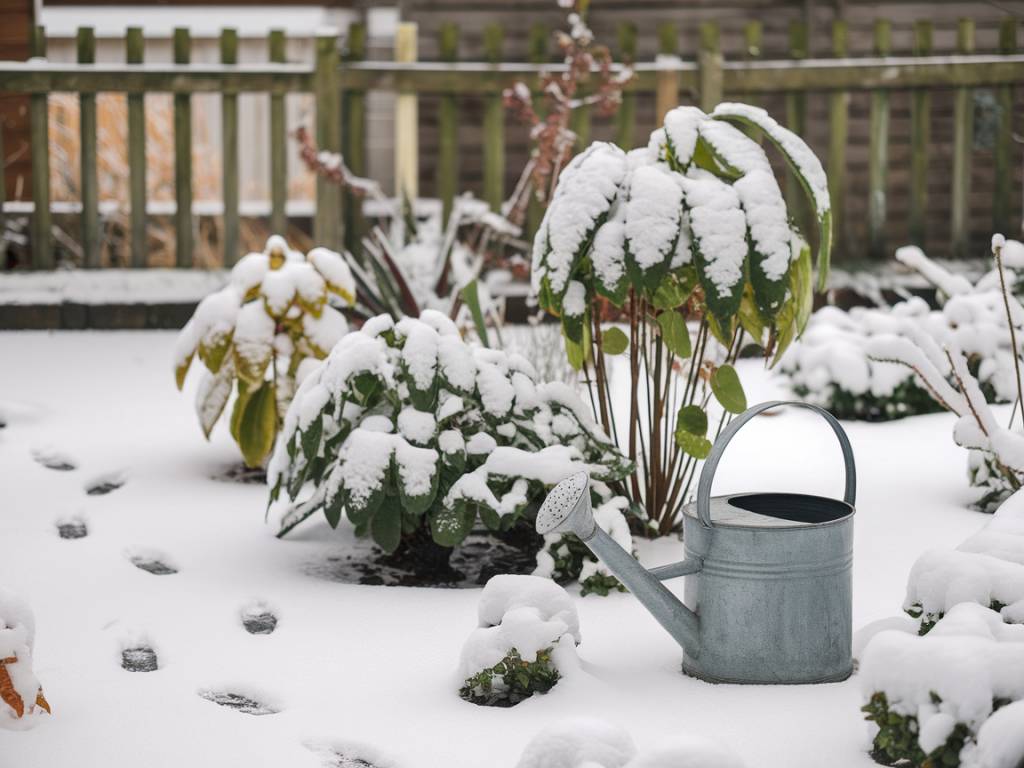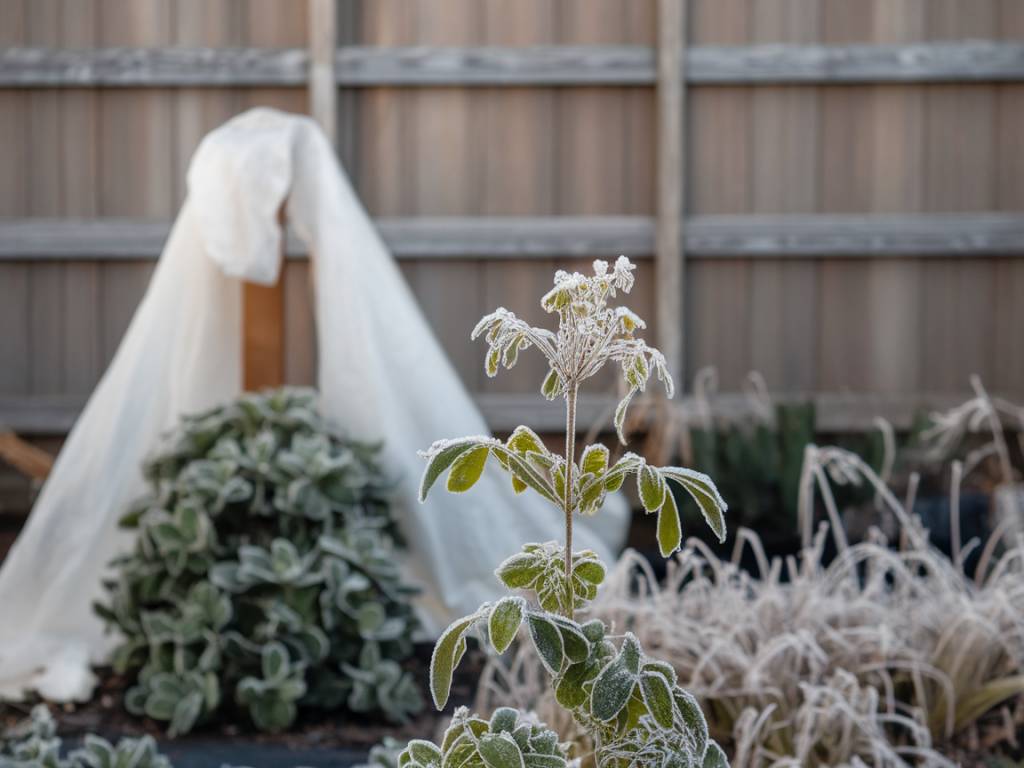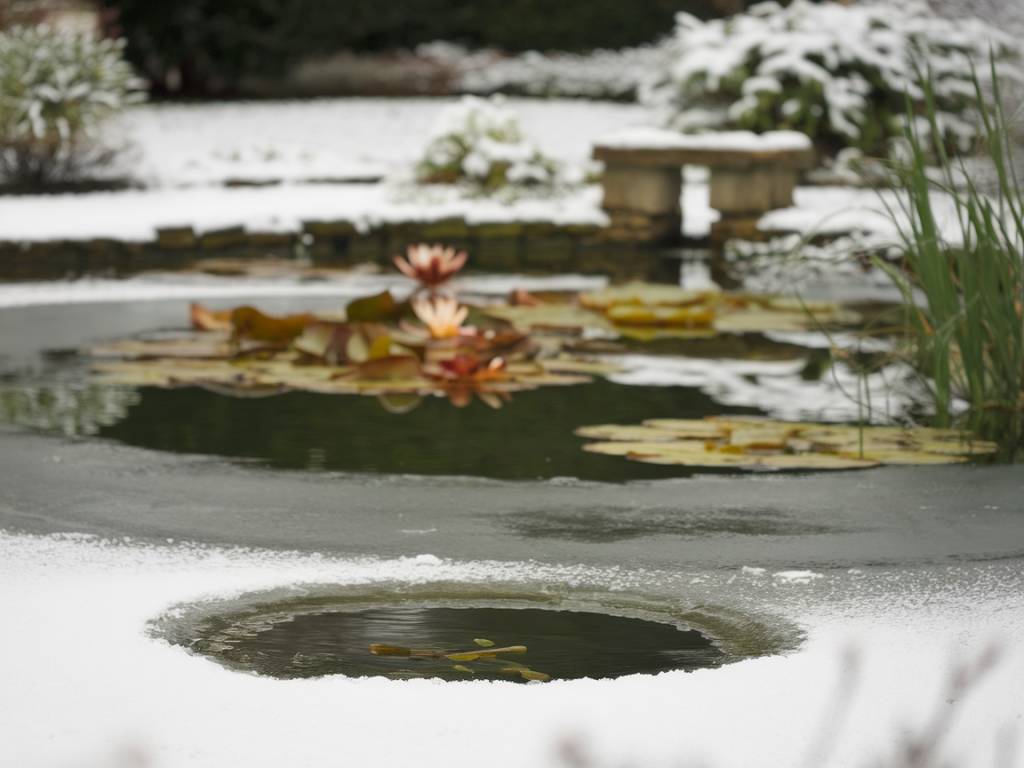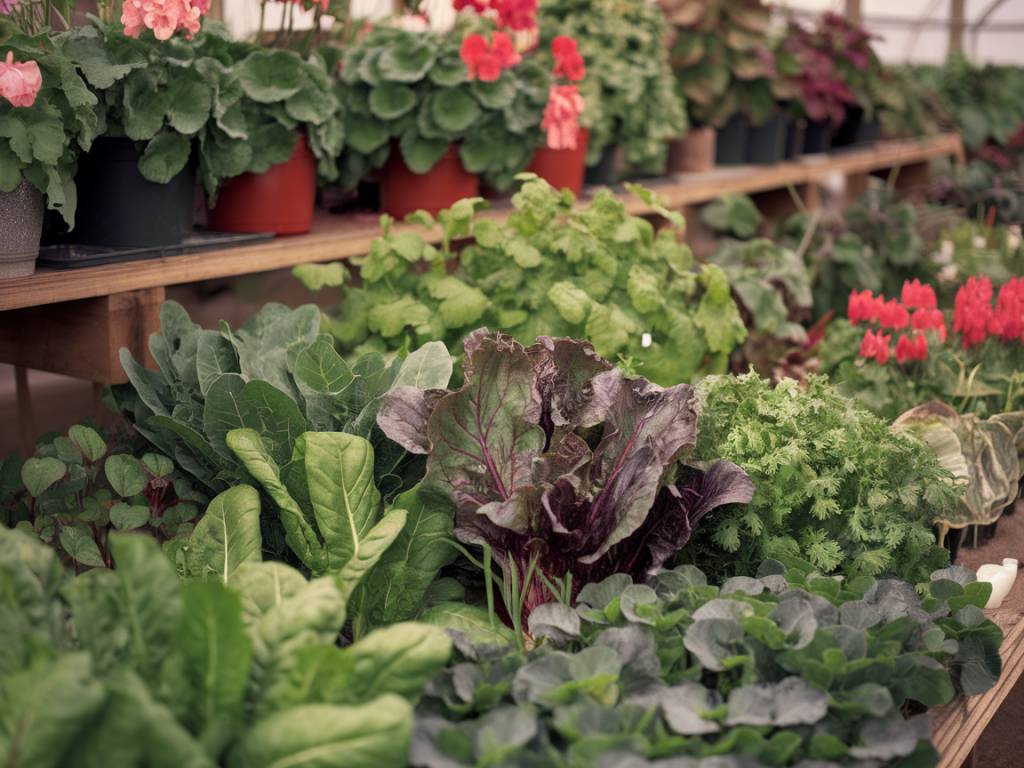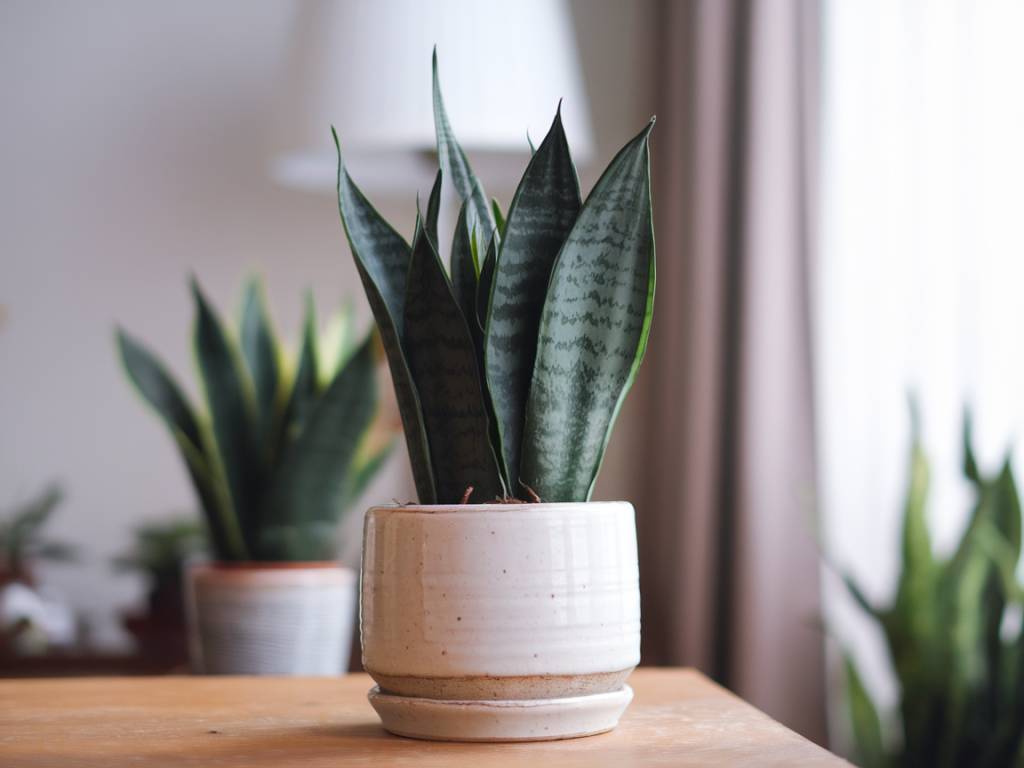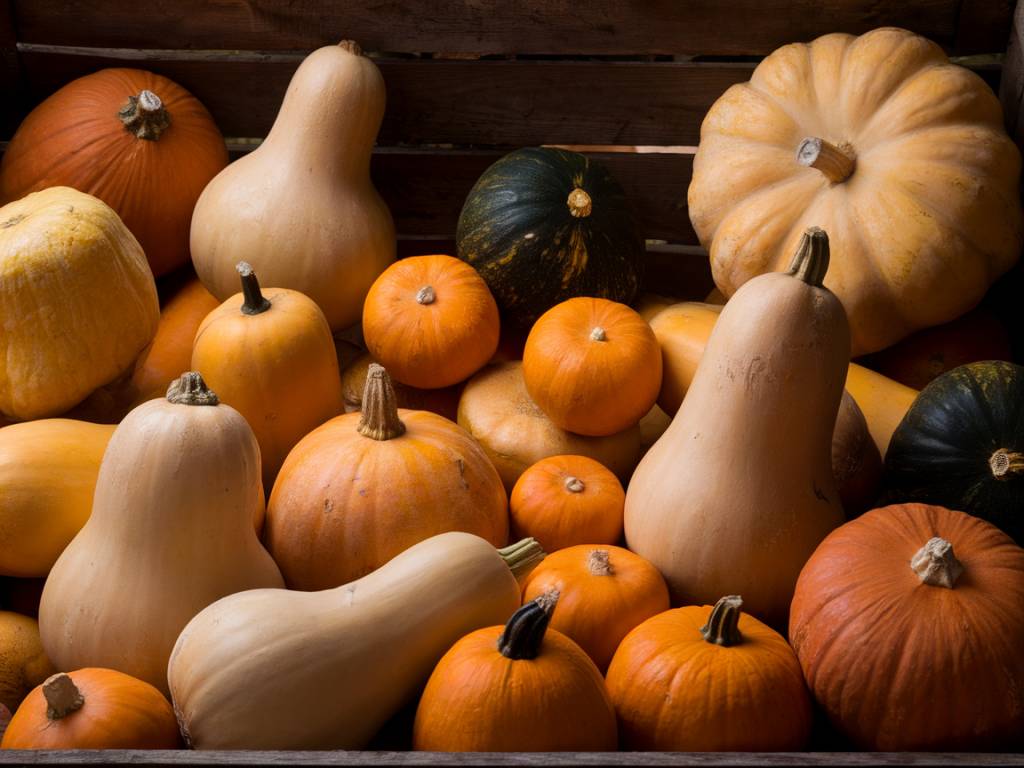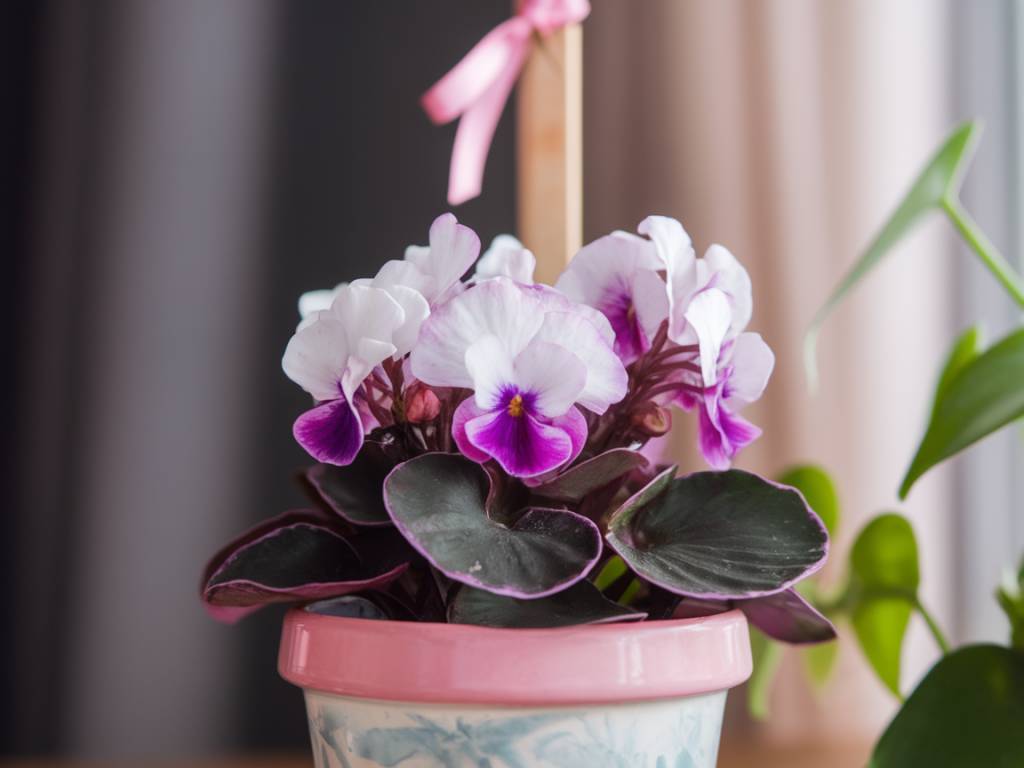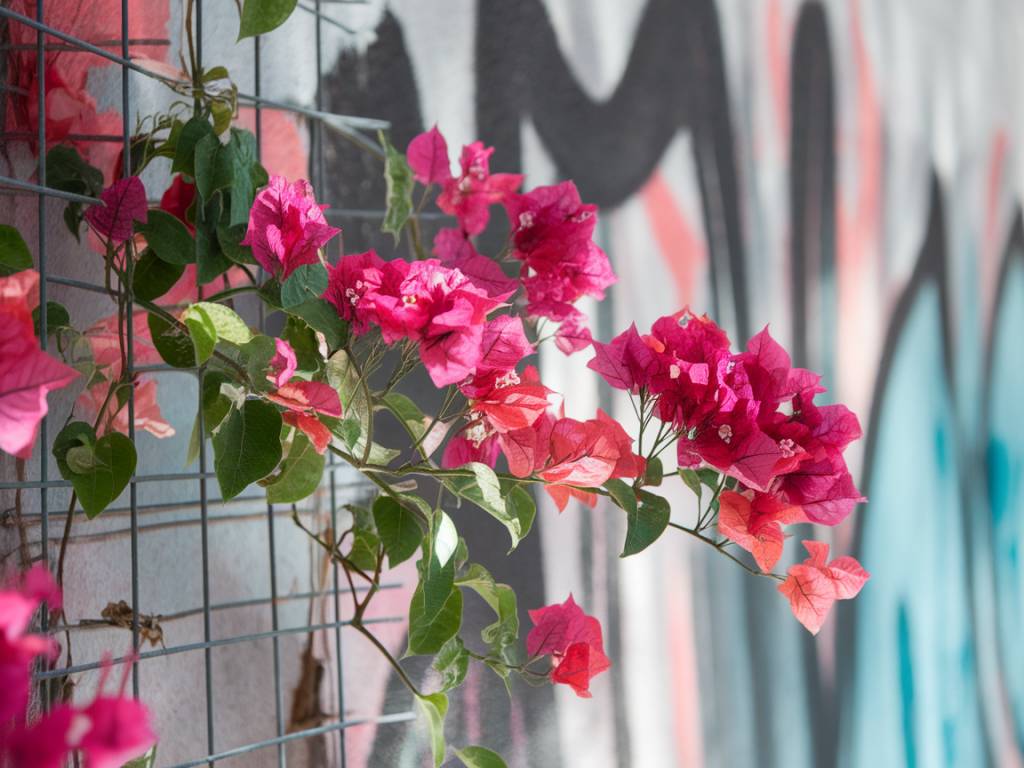Hello, dear gardening enthusiasts! Winter is upon us, and while it may be tempting to let Mother Nature take her course, our gardens still need attention, especially when it comes to hydration. It’s essential to keep your garden hydrated during the winter months to ensure that your plants stay healthy and thrive come spring. Today, I’d like to share some valuable winter watering tips, rooted in natural gardening practices inspired by permaculture. Let’s dive in!
Understanding Your Garden’s Needs
Every garden is unique, and understanding the specific needs of your plants during the winter months is crucial. Some plants require more water than others, and different soil types can affect water retention and drainage. Spend some time observing your garden’s microclimates, as areas exposed to more sun, wind, or shade will have varying moisture needs.
Winter Watering Basics
Watering your garden in winter requires a bit of finesse. Here are some general guidelines to keep in mind:
- Water Early in the Day: Watering in the morning allows the water to soak in before the temperatures drop at night, reducing the risk of root damage from freezing.
- Check Soil Moisture: Before watering, always check the soil moisture. A good rule of thumb is to water when the top 1-2 inches of soil are dry.
- Apply Water Slow and Deep: Slow, deep watering encourages roots to grow deeper, making the plants more resilient to cold weather.
Irrigation Methods
Selecting the right irrigation method can make a significant difference in maintaining optimal soil moisture during the winter months:
- Soaker Hoses: These hoses release water directly to the soil, reducing evaporation and ensuring that the water reaches the roots.
- Drip Irrigation: Drip systems provide a steady, slow release of water, which is ideal for winter watering.
- Manual Watering: Using a watering can or garden hose allows you to target specific areas. Ensure you water thoroughly but not excessively to avoid waterlogging.
Mulching for Moisture Retention
Mulch is a fantastic tool for retaining moisture in the soil and protecting roots from harsh winter temperatures. Applying a thick layer of organic mulch, such as straw, leaves, or wood chips, can help conserve soil moisture and reduce the frequency of watering. Mulch also provides insulation, protecting the roots from freeze-thaw cycles. Be mindful not to place mulch directly against plant stems to prevent rot.
Weather Considerations
Winter weather can be unpredictable, so it’s essential to consider various weather-related factors when watering your garden:
- Snow Cover: Snow acts as an excellent insulator and provides moisture as it melts. If your garden is covered in snow, you may not need to water as frequently.
- Freeze-Thaw Cycles: Rapid temperature changes can cause soil to heave, damaging plant roots. Regular, deep watering can help stabilize the soil and prevent heaving.
- Wind: Cold winds can dry out soil and plants. Pay extra attention to windy areas of your garden and water them more frequently if needed.
Choosing the Right Plants
Planning your garden with winter in mind can significantly reduce the challenges of winter watering. Choose plants that are well-suited to your local climate and can withstand colder temperatures with minimal watering needs. Native plants are often an excellent choice, as they are adapted to local conditions. Additionally, consider planting evergreens and other hardy perennials that can survive winter without much intervention.
Protecting Potted Plants
Potted plants are particularly vulnerable to winter conditions due to their exposed roots and limited soil volume. Here are some tips to keep them hydrated and healthy:
- Use Insulated Pots: Choose pots made of materials that provide some insulation, like wood or ceramic, to protect the roots from freezing temperatures.
- Group Pots Together: Place potted plants close together to create a microclimate and reduce exposure to wind and cold.
- Elevate Pots: Elevate pots off the ground to prevent waterlogging and allow for better drainage.
- Water Sparingly: Potted plants need less water during winter but regular checks are still necessary to avoid completely dry soil.
Maintaining Healthy Soil
Healthy soil is the foundation of a thriving garden. Even during winter, it’s essential to maintain soil health to ensure optimal moisture retention and plant health:
- Organic Matter: Incorporating organic matter, like compost or well-rotted manure, into your soil can improve its structure and moisture-retaining capabilities.
- Cover Crops: Planting cover crops, such as clover or winter rye, helps protect the soil from erosion, improves soil fertility, and maintains moisture levels.
- Avoid Compaction: Wet soil is more prone to compaction, which can hinder root growth and water infiltration. Avoid walking on wet soil to keep it loose and airy.
Monitoring Plant Health
Regularly monitoring the health of your plants can help you catch any issues early before they become significant problems. Look for signs of stress, such as wilting, yellowing leaves, or dry, brittle stems. If you notice any of these signs, adjust your watering routine accordingly. Winter can be harsh on plants, but with diligent care, they will come out strong in the spring.
That’s it from me for now. I hope these winter watering tips will help you keep your garden hydrated and flourishing during the colder months. Happy gardening, everyone!
Samanta

